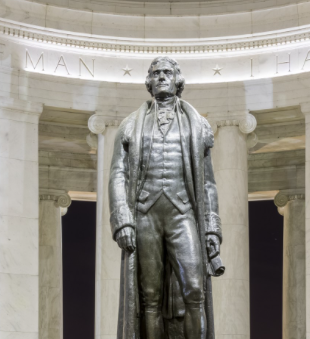
“What society does to its children, so will its children do to society.” ~ Marcus Tullius Cicero, (106 BC – 43 BC)
Cicero wrote this nearly two millennia ago around the time of the fall of the Roman Republic and the Rise of the Roman Empire and the rule of emperors.
And what about the generations of children following that fall? How did it go for Rome?
So it went then. And so how will it go tomorrow?
What have WE done to our children? Education, character, and the necessitates of the citizenry that has been planted these past fifty years are bearing bitter fruit today. Draw your conclusions from our education system – by their teachings, by our neglect. These failings are seen today.
 “A well-informed citizenry is the best defense against tyranny. “ -Thomas Jefferson.
“A well-informed citizenry is the best defense against tyranny. “ -Thomas Jefferson.And Cicero was a “Roman statesman, lawyer, scholar, and writer who vainly tried to uphold republican principles in the final civil wars that destroyed the Roman Republic. His writings include books of rhetoric, orations, philosophical and political treatises, and letters. He is remembered in modern times as the greatest Roman orator and the innovator of what became known as Ciceronian rhetoric.”
Hmm. Cicero got this right, but the Roman Republic and its ruling elite were too far gone.
“Cicero subordinated philosophy to politics, so it should not surprise us to discover that his philosophy had a political purpose: the defense, and if possible the improvement, of the Roman Republic. The politicians of his time, he believed, were corrupt and no longer possessed the virtuous character that had been the main attribute of Romans in the earlier days of Roman history. This loss of virtue was, he believed, the cause of the Republic’s difficulties. He hoped that the leaders of Rome, especially in the Senate, would listen to his pleas to renew the Republic. This could only happen if the Roman elite chose to improve their characters and place commitments to individual virtue and social stability ahead of their desires for fame, wealth, and power. Having done this, the elite would enact legislation that would force others to adhere to similar standards, and the Republic would flourish once again. Whether this belief shows an admirable commitment to the principles of virtue and nobility or a blindness to the nature of the exceedingly turbulent and violent politics of his time, or perhaps both, is impossible to say with certainty.”
Teach the children well. And teach them “good”.